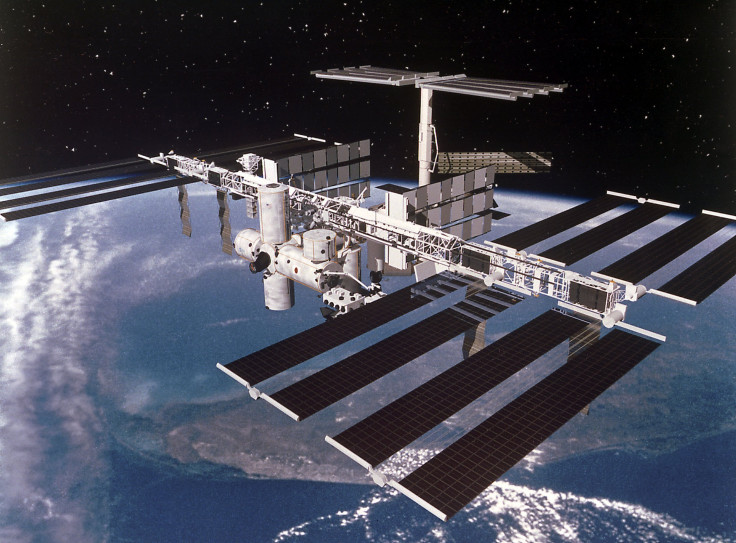Russian Astronaut Says Extraterrestrial Bacteria Found On International Space Station

A Russian astronaut said extraterrestrial bacteria was found on the surface of the International Space Station. Anton Shkaplerov told Russian news outlet TASS Monday that it appeared the bacteria was not from Earth.
Astronauts swabbed the surface of the ISS during spacewalks, Shkaplerov said. The cotton swabs were particularly focused on areas were fuel waste accumulated or surfaces of the ISS that were more obscure. The samples were subsequently sent back to Earth for analyzation.
“Now it turns out that somehow these swabs reveal bacteria that were absent during the launch of the ISS module,” Shkaplerov told TASS. “That is, they have come from outer space and settled along the external surface. They are being studied so far and it seems that they pose no danger.”
It’s not the first time Russian cosmonauts have claimed to find living things on the surface of the ISS. Russian officials said in 2014 they found evidence of sea plankton on the surface of the ISS, according to Space.com. Other microscopic organisms were also found, according to quotes from space station official Vladimir Solovyov. NASA, however, could not corroborate the alleged findings.
“As far as we’re concerned, we haven’t heard any official reports from our Roscosmos colleagues that they’ve found sea plankton,” NASA spokesman Dan Huot said at the time.
NASA yet not yet weighed in on the claims of space bacteria from Shkaplerov. It remained unclear where the allegedly alien bacteria was being stored and what testing it was undergoing to discern its origin.
Past studies have shown that microscopic organisms from Earth can survive even in the extreme conditions of space. Such bacteria can hitch a ride from Earth and cling to the surface of the ISS, Russian scientists said in May. Roscosmos said there was evidence of microorganisms, including sea plankton and other bacteria, being pulled up into the heights of the atmosphere, according to the Independent.
© Copyright IBTimes 2024. All rights reserved.






















